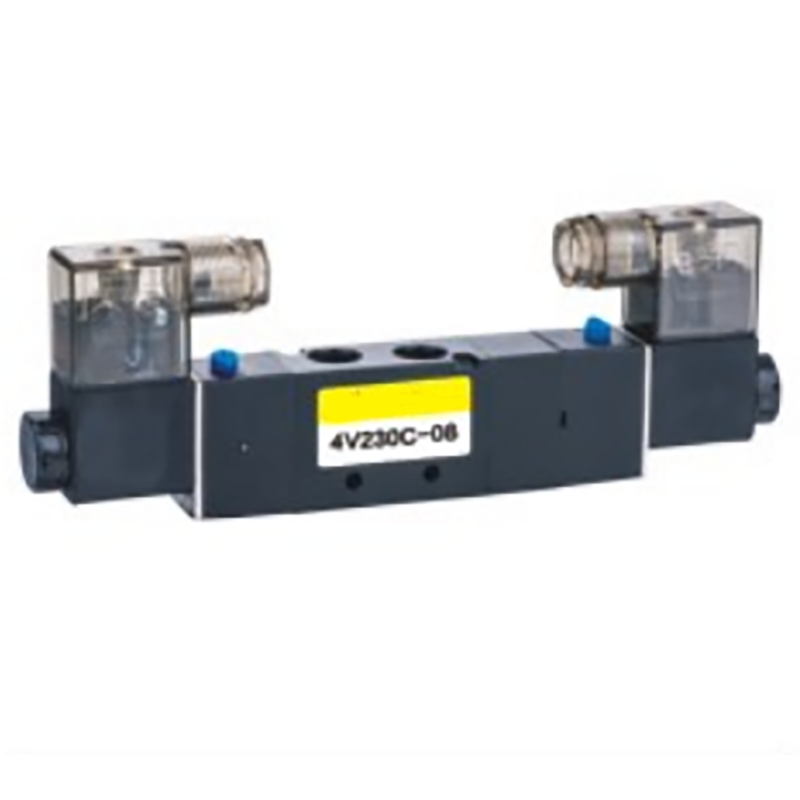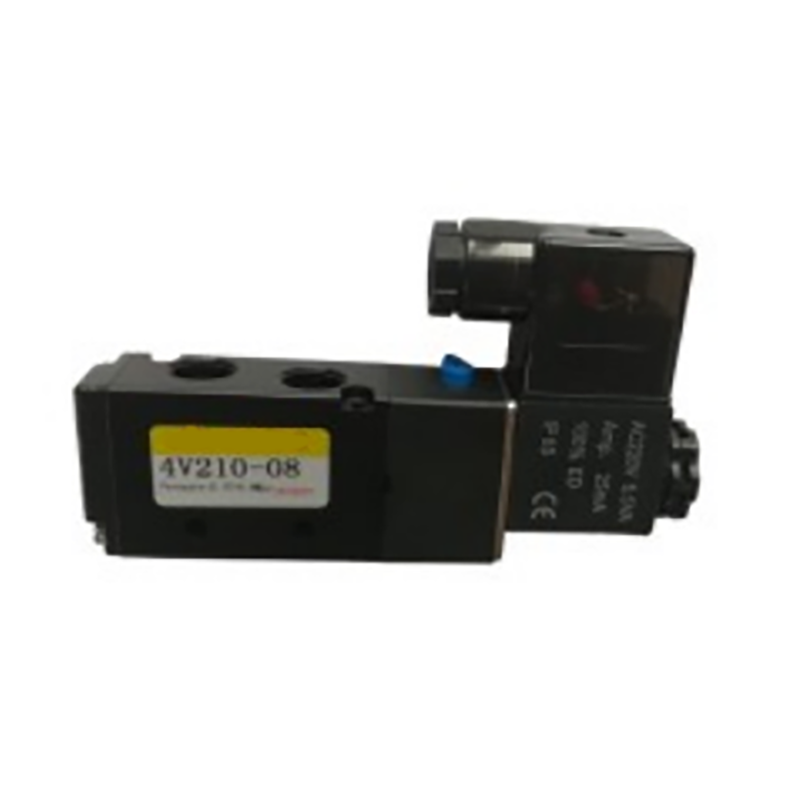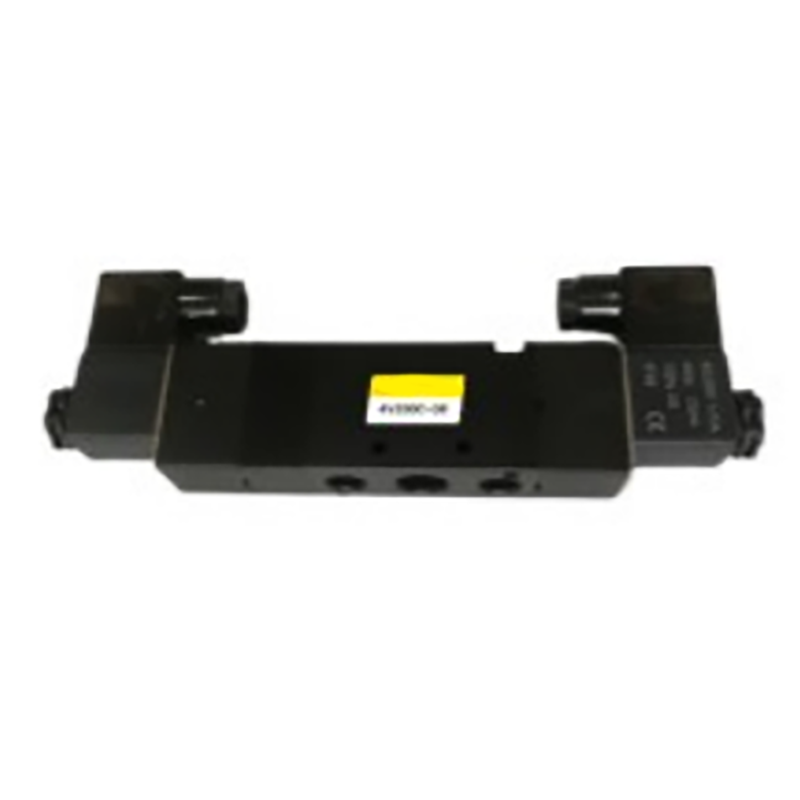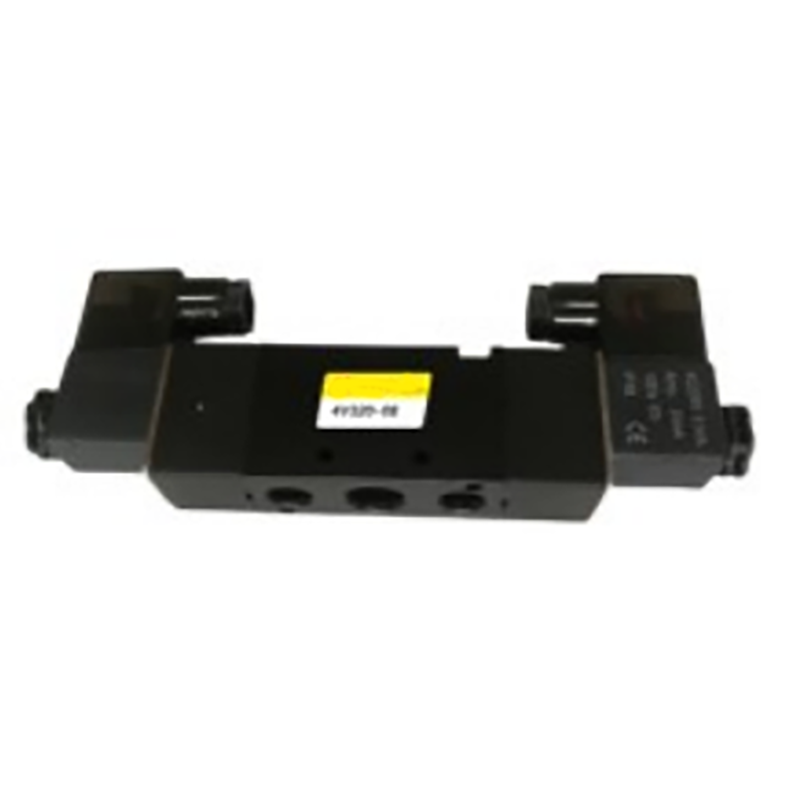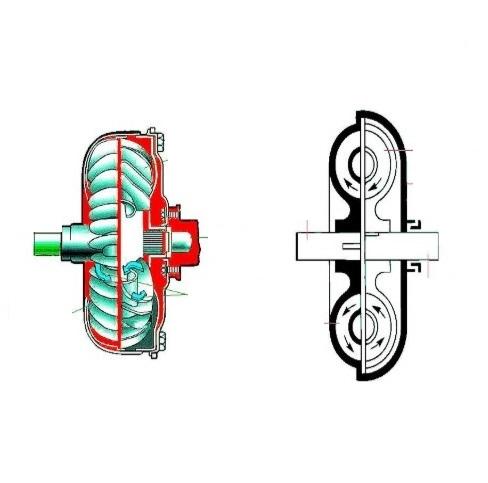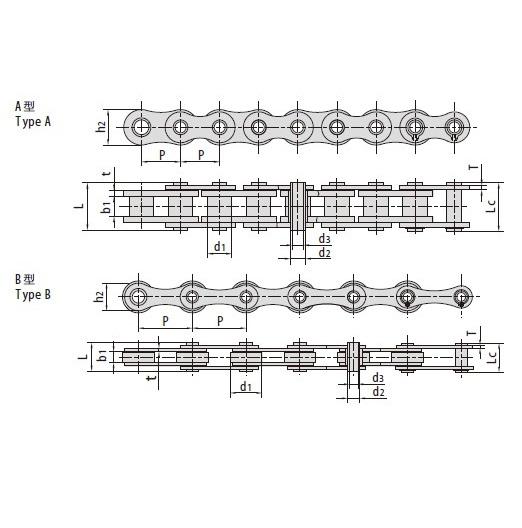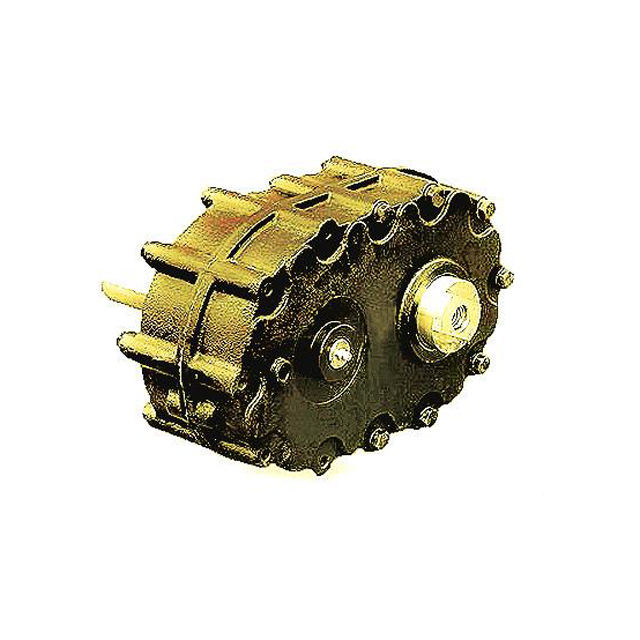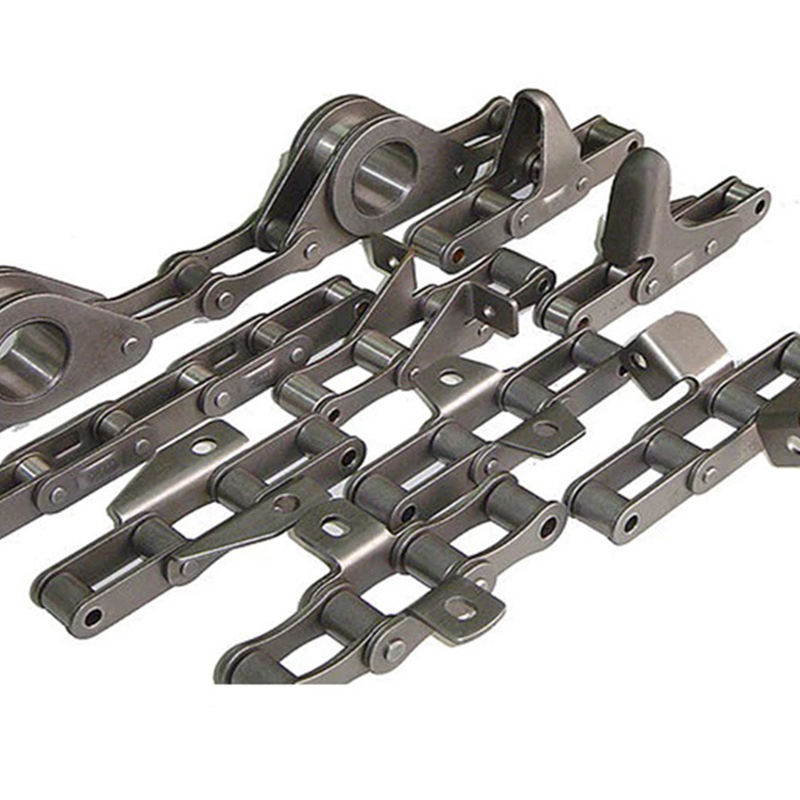Steel Sprockets: High-Performance Power Transmission Solutions
Steel sprockets are essential components in various industrial and mechanical systems, designed for durability, precision, and efficient power transmission. Our steel sprockets are manufactured using high-grade materials and advanced engineering processes to ensure optimal performance in demanding applications. Below, we provide detailed product specifications, FAQs, and technical information to help you make an informed decision.
Key Product Parameters
- Material: High-carbon steel or alloy steel, heat-treated for enhanced hardness and wear resistance.
- Teeth Configuration: Precision-cut teeth with ANSI or ISO standards for smooth engagement with chains.
- Bore Size: Customizable from 0.5 inches to 4 inches to fit various shaft diameters.
- Surface Treatment: Zinc plating, black oxide, or powder coating for corrosion protection.
- Temperature Range: Operates efficiently from -40°F to 500°F (-40°C to 260°C).
- Load Capacity: Supports static loads up to 10,000 lbs and dynamic loads based on application requirements.
Detailed Specifications Table
| Model Number |
Pitch (inches) |
Number of Teeth |
Bore Diameter (inches) |
Weight (lbs) |
Max RPM |
| SS-1020 |
0.5 |
20 |
1.0 |
2.5 |
3000 |
| SS-1040 |
0.75 |
40 |
1.5 |
5.8 |
2500 |
| SS-1060 |
1.0 |
60 |
2.0 |
10.2 |
2000 |
| SS-1080 |
1.25 |
80 |
2.5 |
15.5 |
1800 |
| SS-1100 |
1.5 |
100 |
3.0 |
22.0 |
1500 |
Applications of Steel Sprockets
Steel sprockets are widely used in industries such as manufacturing, automotive, agriculture, and conveyor systems. They are ideal for heavy-duty machinery, motorcycles, bicycles, and industrial equipment where reliable power transmission is critical. Their robust construction ensures longevity even under high-stress conditions.
FAQs About Steel Sprockets
What is the typical lifespan of a steel sprocket?
The lifespan depends on usage conditions, but properly maintained steel sprockets can last 5-10 years in moderate environments and 2-5 years in high-wear applications. Regular lubrication and alignment checks extend durability.
How do I choose the right sprocket size for my system?
Consider factors like chain pitch, number of teeth, bore size, and load requirements. Match the sprocket to your chain specifications (e.g., ANSI #40, #50) and ensure the bore fits your shaft diameter. Consult engineering guidelines for precise selection.
Can steel sprockets be used in corrosive environments?
Yes, with appropriate surface treatments like zinc plating or stainless steel variants. Standard carbon steel sprockets may rust if exposed to moisture or chemicals, so opt for coated versions for outdoor or harsh conditions.
What maintenance is required for steel sprockets?
Regular inspection for wear, proper lubrication with chain-compatible grease, and ensuring correct tension and alignment. Replace sprockets if teeth become hooked or worn beyond 5% of original dimensions.
Are custom sprockets available for unique applications?
Yes, we offer customization for teeth count, bore size, material grade, and special coatings. Provide your technical drawings or specifications for tailored solutions.
What causes sprocket wear and how can it be minimized?
Wear results from friction, misalignment, overloading, or inadequate lubrication. Minimize it by using high-quality chains, maintaining proper tension, and applying lubricant regularly. Hardened steel sprockets reduce wear rates.
Do steel sprockets work with all chain types?
They are designed for specific chain types (e.g., roller chains, silent chains). Ensure compatibility by matching the sprocket's pitch and tooth profile to the chain. Incorrect pairing can lead to inefficiency or damage.
What are the advantages of steel over plastic or aluminum sprockets?
Steel offers superior strength, heat resistance, and durability, making it suitable for high-load and high-speed applications. Plastic and aluminum are lighter but prone to deformation under stress.


